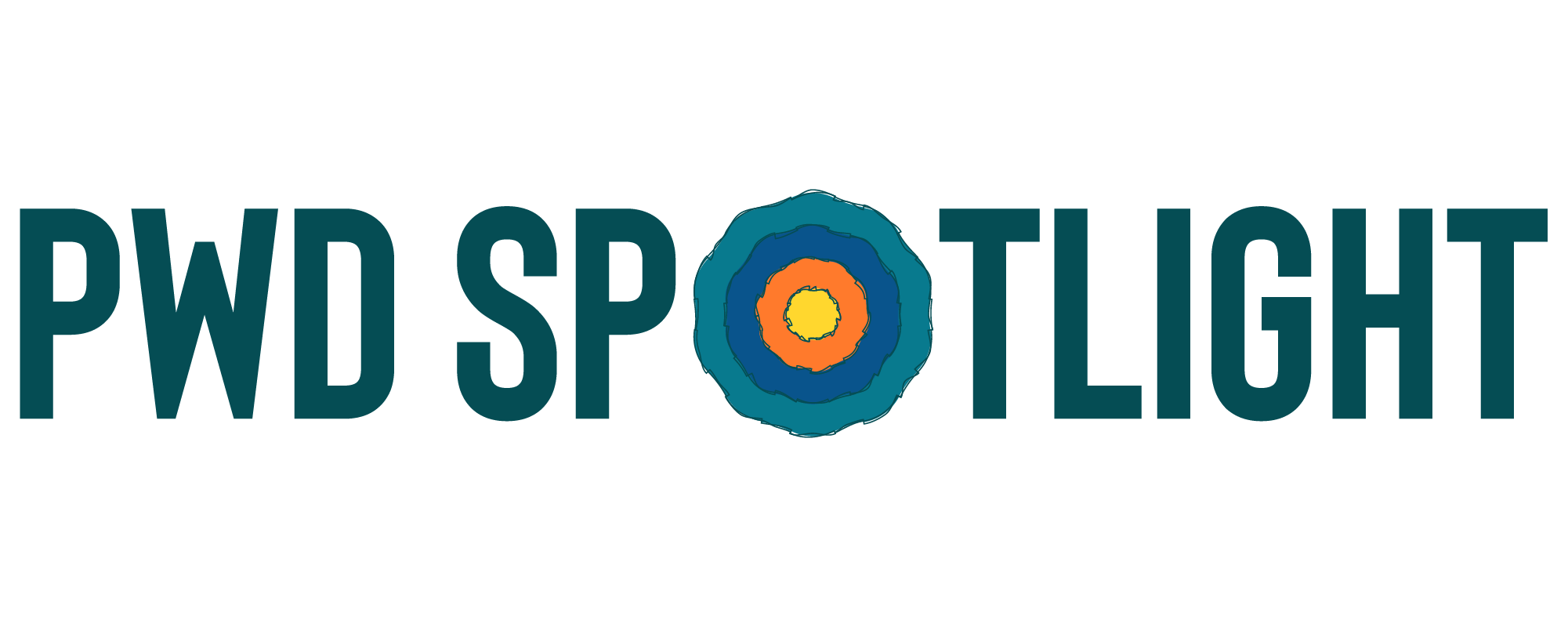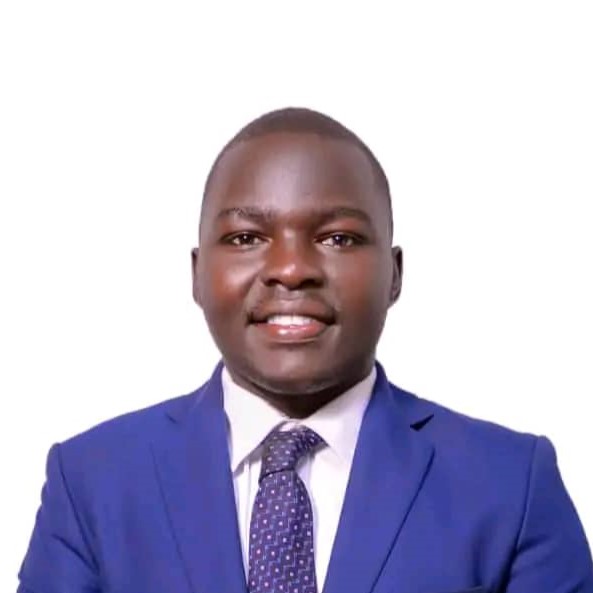By: Zam Nakityo
In Uganda, holding a simple conversation with a Deaf person can feel like crossing an invisible wall. The reason? There are only a handful of sign language interpreters in the entire country. Walk into most public or private institutions and you’ll find none. With so few sign language schools, the communication gap between deaf and hearing communities continues to widen, leaving many people with hearing impairment excluded from basic services and social interactions. Determined to change this reality, ‘Sign Language for All’ was born.
The initiative is dedicated to teaching sign language and training more interpreters. Its mission is clear: break the silence, bridge the gap, and build an inclusive Uganda where no voice goes unheard.
At just 13 years old, Alex Ogwal lost his hearing due to an unexpected illness. What could have ended his dreams instead ignited a powerful journey of transformation, leadership, and impact. Today, Ogwal is a Physics and Mathematics teacher, a youth leader, and the founder of Sign Language for All, a movement that is rewriting the narrative of inclusion in Uganda.
With academic roots in Lango College and Wakiso Secondary School for the Deaf, and leadership training from YALI Regional Leadership Center in Kenya, Alex has become a torchbearer for Deaf empowerment.

While at Makerere University serving as Chairperson of the Makerere University Disability Students Association (MUDSA), Ogwal conceived the idea for Sign Language for All as a platform aimed at dismantling communication barriers and fostering inclusive, Deaf-friendly spaces through Uganda Sign Language (USL).
“The relationship between the Deaf and hearing communities has long mirrored an oil-water model separate and resistant to mixing,” Ogwal explains. Determined to change this, he launched trainings that have since reached over 250 participants across six centres, equipping them with essential sign language skills and instilling a deeper sense of community inclusion.
Through innovative programs like National Sign Language Debate Challenges, Silent Dinners, and the Sign It Challenge, Sign Language for All goes beyond instruction it cultivates connection. The initiative also develops tailored resources such as flashcards for Deaf children aged 0–7, distributed to families and schools like Ngora School for the Deaf. It further leverages technology through tools like the Deaf Assist App, which connects Deaf individuals to sign language interpreters in real time, promoting accessible communication wherever they are.
Challenges
Meanwhile, despite its remarkable progress, Sign Language for All faces significant hurdles especially around funding and societal attitudes. “Most donors prioritize mainstream projects, and inclusive initiatives like ours are often sidelined,” says Ogwal. But the commitment remains firm: “Regardless of the challenges, we keep pushing. Most of our activities have been first-of-their-kind.”
In this video, Alex Ogwal better explains initiative in sign linguage
Starting this initiative changed Ogwal’s career trajectory entirely. Once dreaming of becoming an engineer, he now finds fulfillment in humanitarian work, traveling to rural communities to foster understanding and empowerment. “I’ve had to learn, unlearn, and relearn. I taught myself fundraising and proposal writing skills I never thought I’d need.”
Ogwal’s journey is one of resilience, purpose, and belief. “Each person walks a different path, but if you get the chance to transform your community, take it. All you need is belief and determination,” Ogwal quotes through Sign Language for All, as he continues to amplify Deaf voices, foster understanding, and ensure that no one is left out of the conversation.

